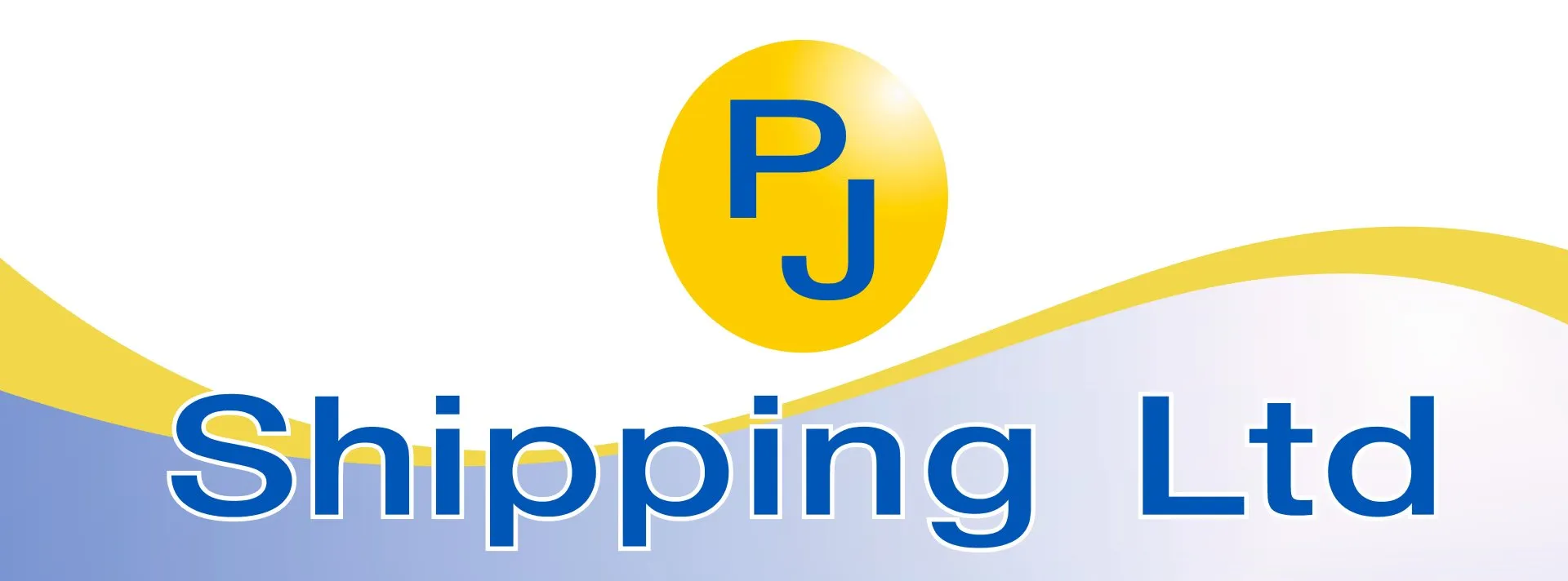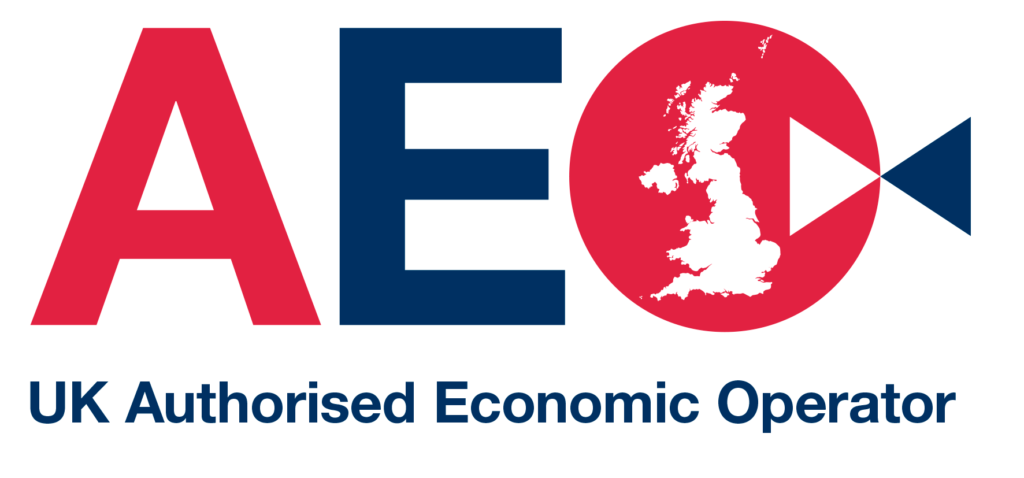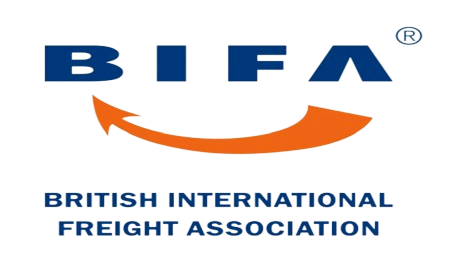Customs clearance is essential to ensure the smooth and permitted flow of goods across international borders. In this blog we’ll look at the key reasons why customs clearance is necessary:
Regulatory Compliance
Customs clearance ensures that imported and exported goods comply with the laws and regulations of the importing and exporting countries. It helps prevent the entry or exit of illegal or prohibited items and ensures adherence to all trade policies.
Revenue Collection
Customs duties and taxes are often levied on imported goods. The processes help customs authorities calculate and collect the appropriate duties and taxes, contributing to the revenue of the importing country.
Public Safety and Security
Customs clearance involves inspections to verify that the contents of shipments match the information provided in the documentation. This helps ensure the safety and security of the public by preventing the entry of hazardous materials, counterfeit goods, or items that may pose a threat.
Trade Facilitation
Customs clearance facilitates international trade by providing a framework for the smooth movement of goods. When the process is efficient, it reduces delays, minimises disruptions to supply chains, and promotes the timely delivery of goods to their intended destinations.
Tariff and Trade Agreement Enforcement
Customs clearance involves the application of tariffs on imported goods. Additionally, it ensures compliance with any trade agreements or preferences that may exist between the trading countries. This helps create a level playing field and prevents unfair trade practices.
Health and Safety Standards
Customs clearance includes checks to ensure that imported goods meet health and safety standards. This is particularly important for products such as food, pharmaceuticals, and chemicals, where non-compliance could pose risks to public health.
Documentation and Record-Keeping
The whole process involves the submission of various documents, including invoices, packing lists, and certificates of origin. Proper documentation is crucial for record-keeping purposes and for providing transparency in international trade transactions.
Customs Valuation
Customs clearance ensures that the value of imported goods is accurately assessed for the calculation of duties. This helps prevent undervaluation or misdeclaration, which could lead to revenue loss for the importing country.
Quarantine and Environmental Protection
Some goods may be subject to quarantine or environmental protection measures. The processes include checks to ensure that imported goods comply with these measures, preventing the introduction of pests or contaminants.
National Security
It plays a role in national security by preventing the movement of goods that could threaten a country’s security or be used for illegal activities.
So, to summarise, customs clearance is an essential component of international trade, serving to regulate, document, and facilitate the movement of goods while ensuring compliance with legal, financial, and security requirements. It helps create a transparent and controlled environment for cross-border trade.
To talk to us about your business’ needs and to find out more about why customs clearance is necessary, please email clearance@pjshipping.com or contact us here.



